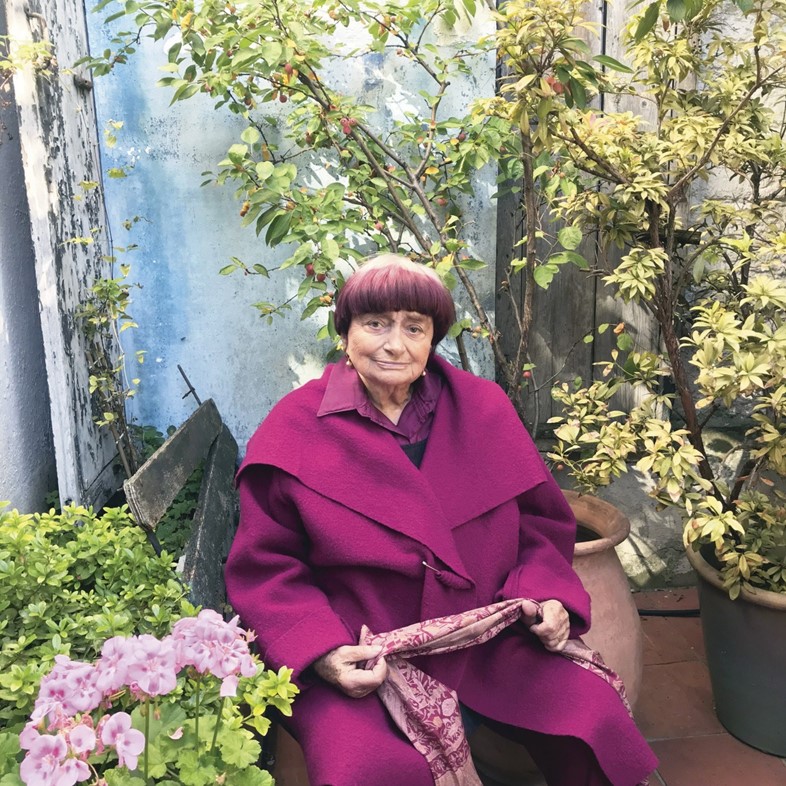One of independent cinema’s most vital creatives, Varda was a prolific filmmaker until her passing
Pioneer of new wave cinema and prolific filmmaker Agnès Varda has died at the age of 90. Known for her fiercely feminist and political films, Varda, who was based in Paris and born in Belgium, released her final film earlier this year, an autobiographical documentary entitled Varda by Agnès, and her 2017 documentary Faces Places was nominated for an Oscar for Best Documentary Feature in 2018.
Varda was consistently one of cinema’s most important and innovative voices, with her work often merging elements of documentary and fiction. She worked as a photographer until making her first film La Pointe Courte in 1955 with no experience or education in filmmaking. A champion of women and their stories being told on film – she was protesting on the Cannes red carpet in 2018 alongside 81 other women about their place in the industry – Varda’s films often unpacked the experience of being female with empathy, humour and an idiosyncratic style; films like Cléo from 5 to 7 (1961), The Gleaners and I (2000), and Vagabond (1985) demonstrated this interest. “I didn’t see myself as a woman doing film but as a radical filmmaker who was a woman. Slightly different… I am a woman. I think I have the spirit, the intelligence and dare I say the soul of a woman,” she told The Guardian last year.
In the 1950s, Varda’s style and her interest in documenting the stories of ordinary or marginalised people were unorthodox, and her approach meant her work was a central force in the 1960s new wave that swept France. Her own production company, Ciné-Tamaris, was behind all of her films, allowing Varda to remain an independent filmmaker throughout her career. Recent years saw Varda enjoy a belated celebration of her seminal work: her 2018 Oscar nomination followed an Honorary Award from the Academy in 2017 (she was the first female director to receive one), which came after a slew of ‘lifetime achievement’ awards in the past decade.






